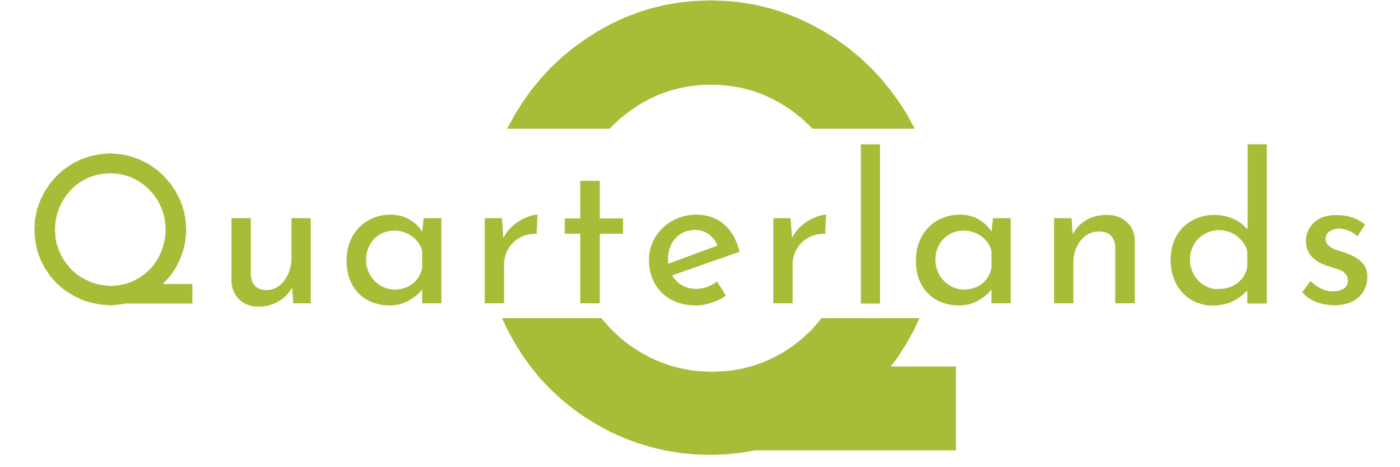Drumbeg Wastewater Treatment Works (WwTW) has been a hot topic for the Quarterlands Group as our followers are well aware. It may seem like just one insignificant facility in Northern Ireland, but it represents a much larger, systemic problem. Through our research into the implications of a relatively small development, we have been horrified to discover that the story of untreated sewage and inadequate infrastructure has played out countless times across Northern Ireland—often unchallenged. The lack of transparency in planning decisions, coupled with planners who seem unaccountable and unconcerned, exacerbates this crisis.

The Local Perspective: Drumbeg WwTW and Overspills
At Drumbeg WwTW, Combined Sewer Overflows (CSOs) are supposed to act as the last resort when the sewage treatment facility breaches capacity, designed to release untreated sewage into the River Lagan. Despite this fact, NI Water does not monitor or disclose the volume of these overspills, leaving communities in the dark. This lack of data is mirrored across the country, where Event Duration Monitors (EDMs), essential for tracking spill frequency and duration, are either incomplete or missing entirely. For example, the pumping station at Gowan Meadows, off Drumbeg Road, has yet to be assessed, leaving its impact on the River Lagan unknown.
NI Water’s assurances that Wastewater Treatment Works release treated effluent fail to acknowledge the reality: when infrastructure is overwhelmed, untreated sewage flows directly into our rivers and waterways. This untreated waste threatens public health, biodiversity, and the recreational spaces where people live, work, and spend leisure time. We can be in no doubt, particularly after the BBC Spotlight on Sewage program, our infrastructure is overwhelmed.

A Systemic Issue Across Northern Ireland
Drumbeg’s story is not unique. Across Northern Ireland, planners have approved developments without adequately addressing sewage infrastructure. Time and again, the voices of communities and environmental advocates are drowned out by a planning system that prioritizes development over sustainability and the health of the community. The role of planners should be to balance the needs of development with infrastructure, communities with business, and environmental protection with economic growth. Yet, the evidence suggests they are failing to address the sewage crisis that threatens our health and environment.
Planning applications proceed with little scrutiny of the capacity of local sewage systems, and communities are left to uncover these failings themselves. Drumbeg WwTW is just one example where the burden of investigation has fallen to concerned residents, revealing a disturbing pattern of neglect that stretches across the region.

Why Transparency and Accountability Matter
This lack of accountability is deeply troubling. Planning decisions should reflect a transparent process where the needs of communities and the environment are given equal weight to those of developers and business interests. Instead, the sewage crisis has become a silent consequence of unchecked development. NI Water’s failure to provide data on overspills and the lack of oversight from planning authorities contribute to a dangerous disconnect between development and infrastructure.
The consequences are far-reaching. Untreated sewage spilling into rivers and lakes contaminates drinking water sources, threatens wildlife, and renders rivers like the Lagan—a natural gem—draining into Belfast Lough, unsuitable for recreation. This is not just an environmental issue but a public health emergency that must be addressed NOW.

What Needs to Change
Drumbeg WwTW and its associated CSOs highlight the urgent need for systemic change. Here’s what must happen:
- Improved Monitoring: NI Water must implement and disclose Event Duration Monitoring data for all CSOs across Northern Ireland.
- Stronger Planning Oversight: Planning authorities must require infrastructure assessments before approving developments.
- Public Accountability: Councils like Lisburn and Castlereagh City Council (LCCC) must engage with communities and address their concerns transparently.
- Policy Reform: Legislative measures should enforce stricter controls on developments that impact sewage infrastructure.
How You Can Help
The power to drive change lies with all of us. Here’s how you can take action:
- Contact Your Representatives: Write to your local councillors and MLAs, urge them to address the sewage crisis and enforce stricter planning regulations on your behalf.
- Raise Awareness: Share this blog post and discuss these issues in your community.
- Get Involved: Support environmental groups working to protect Northern Ireland’s waterways.
Conclusion
Drumbeg WwTW is a microcosm of a country wide problem. Northern Ireland’s planners have a responsibility to balance development with infrastructure and environmental protection. Yet, the sewage crisis reveals a system in which these duties are being neglected, and communities are paying the price. It’s time to demand accountability and action to ensure our waterways are protected for future generations.
For more information on the wider issue of sewage infrastructure, visit NI Water’s storm overflow FAQ and the Environment Agency’s blog on Event Duration Monitoring.

